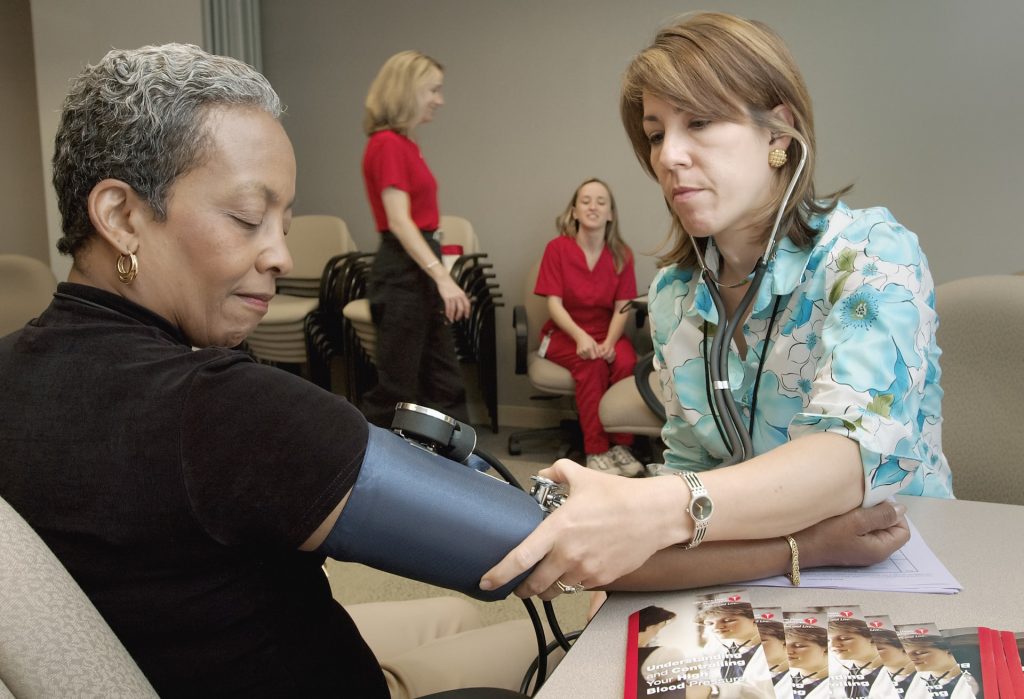
Hypertension and diabetes are known risk factors for stroke, but now a new study shows that the amount of risk may decrease as people age. The study is published in Neurology.
“High blood pressure and diabetes are two important risk factors for stroke that can be managed by medication, decreasing a person’s risk,” said study author George Howard, DrPH, of the University of Alabama at Birmingham School of Public Health. “Our findings show that their association with stroke risk may be substantially less at older ages, yet other risk factors do not change with age. These differences in risk factors imply that determining whether a person is at high risk for stroke may differ depending on their age.”
The study involved 28 235 people who had never had a stroke and were followed for 11 years. Risk factors included hypertension, diabetes, smoking, atrial fibrillation, heart disease and left ventricular hypertrophy. Because of the well-known higher stroke risk in Black people (comprising 41% of participants), race was also considered as part of the assessed risk factors, Howard added.
Researchers followed up with participants every six months, confirming strokes by reviewing medical records.
During the study, there were 1405 strokes over 276 074 person-years. Participants were divided into three age groups. The age ranges for those groups varied slightly depending on the data being analysed by researchers. In general, the younger group included participants ages 45–69, the middle group included people in their late 60s to 70s and the older group included people 74 and older.
Researchers found that people with diabetes in the younger age group were approximately twice as likely to have a stroke as people of similar age who did not have diabetes, while people with diabetes in the older age group had an approximately 30% higher risk of having a stroke than people of similar older age who did not have diabetes.
Researchers also found that people with high blood pressure in the younger age group had an 80% higher risk of having stroke than people of similar age without high blood pressure while that risk went down to 50% for people with high blood pressure in the older age group compared to people of similar age without high blood pressure.
With race/ethnicity as a risk factor, Black participants in the younger age group compared to White participants in that group, a difference which decreased in the older age group. For stroke risk factors such as smoking, atrial fibrillation and left ventricular hypertrophy, researchers did not find an age-related change in risk.
“It is important to note that our results do not suggest that treatment of high blood pressure and diabetes becomes unimportant in older age,” said Howard. “Such treatments are still very important for a person’s health. But it also may be wise for doctors to focus on managing risk factors such as atrial fibrillation, smoking and left ventricular hypertrophy as people age.”
Howard also noted that even where the impact of risk factors decreases with age, the total number of people with strokes at older ages may still be larger since overall risk of stroke increases with age. For example, in the younger age group for hypertension, researchers estimate that about 2.0% of normotensive people had a stroke, compared to 3.6% of hypertensive people. In the older age group, about 6.2% of normotensive people had a stroke, compared to 9.3% of hypertensive people.
A limitation of the research was that participants’ risk factors were assessed only once at the start of the study, and it’s possible they may have changed over time.
Source: American Academy of Neurology

